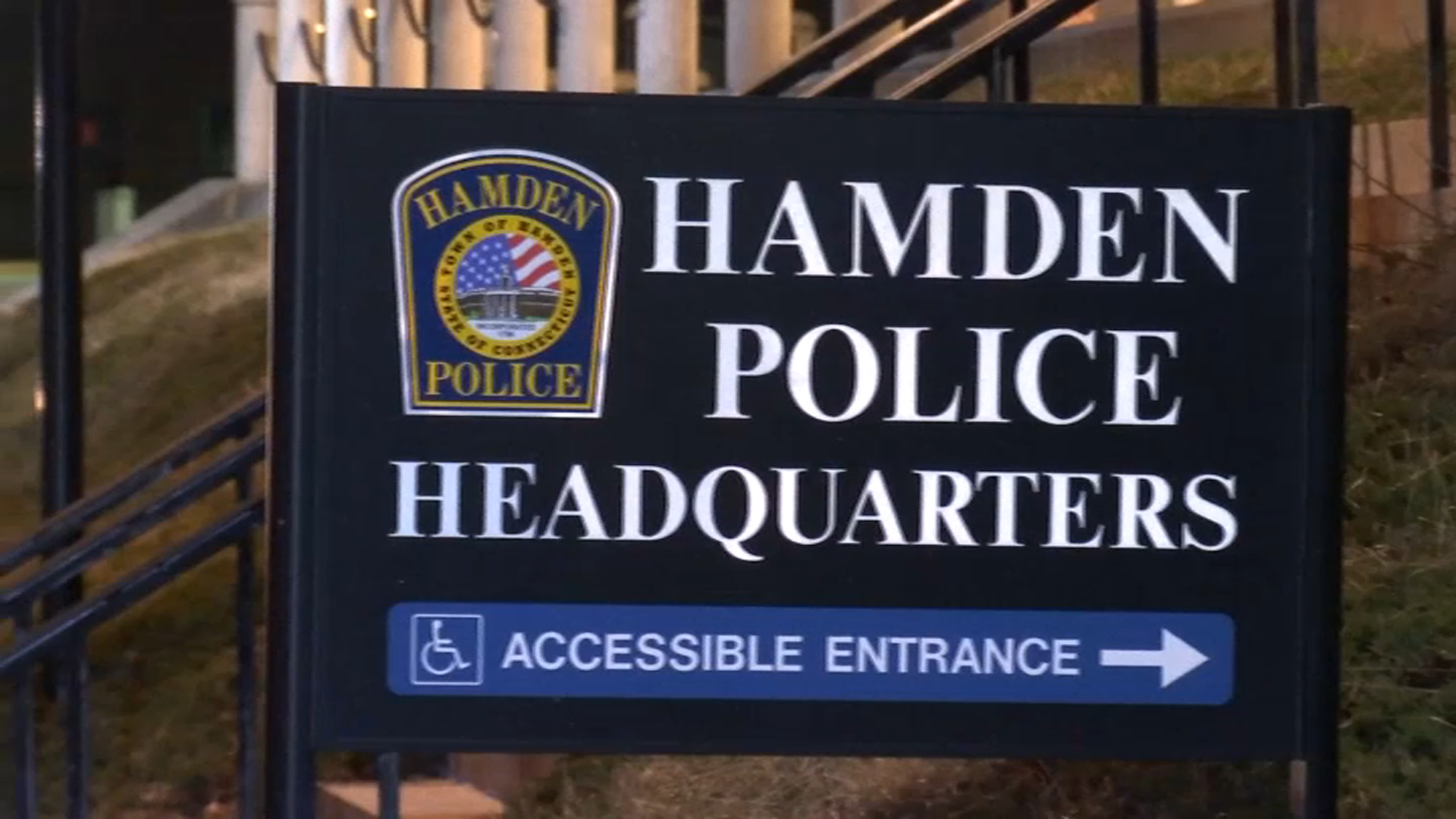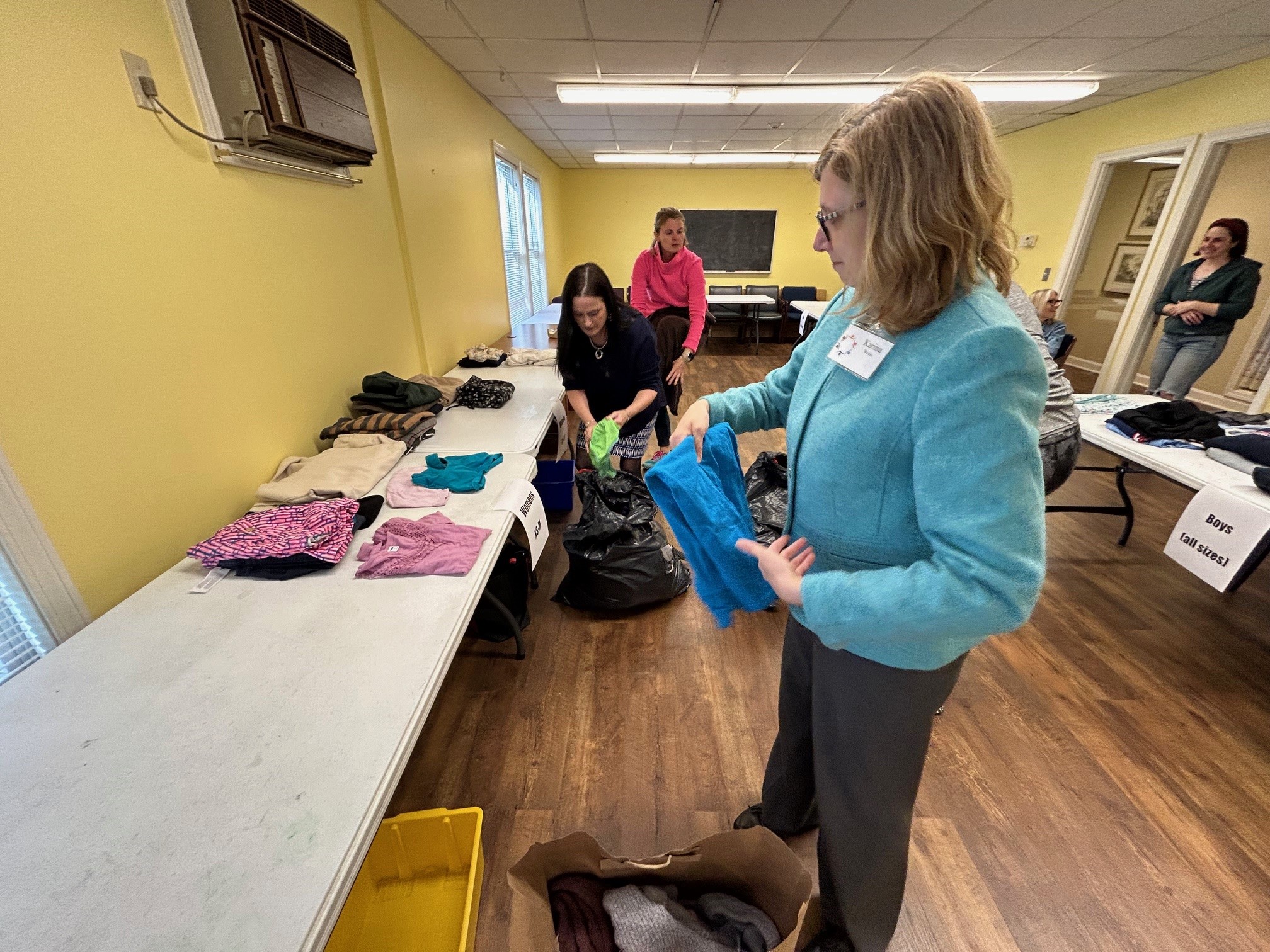Lawmakers were fielding hundreds of calls in 2020 from residents who were unemployed due to the pandemic and unable to pay the bills.
Now the state Department of Labor is saying some of those people may have been paid too much.
“I was upset. I was borrowing money from friends. Thank God I had some friends. I had to go to social services,” Rose Scheer of Danbury said.
Scheer said the state claimed she owed $450 for unemployment she shouldn’t have received, so when she found herself unemployed again three months later they refused to pay her.
Get Connecticut local news, weather forecasts and entertainment stories to your inbox. Sign up for NBC Connecticut newsletters.
“I had to go to the food pantry to get food,” Scheer said. “I’m working so hard now I have no job and the government is not helping me out.”
Scheer lost her job in February. She scraped together the overpayment amount but had to wait until August to receive $10,000 in unemployment benefits owed to her.
“We need to make sure we’re not leaving them in the dark to live with that anxiety of how am I going to pay that overpayment back,” Sen. Julie Kushner said.
Local
Tens of thousands of Connecticut residents are being asked to pay back anywhere from $30 to $30,000 in unemployment the Department of Labor says they should not have received during the pandemic. The state has estimated it may have made $8.7 million in overpayments.
“This pandemic created havoc for so many people. So many working families suffered,” Kushner said.
A spokeswoman for the Department of Labor says they identified about 100,000 cases of potential fraud. But most overpayment cases are the result of human error. Sometimes employers dispute a claim, but benefits may have already been paid. In other cases, the applicant made an error in filling out the paperwork and in other cases the department made a mistake.
“We don’t want to see working families, people who are struggling to get back on their feet have the kind of setback that will affect all of our communities,” Kushner said.
Kushner said they are considering using federal funds to make sure some of these individuals don’t have to repay the money because they don’t want to impact the unemployment trust fund and the bottom line of employers.
“What happens with those need to be determined on a case-by-case basis,” Eric Gjede, vice president of government affairs for the Connecticut Business and Industry Association, said.
Gjede said he’s happy to hear lawmakers are looking to federal funds to cover those overpayments they plan to forgive.
“Employers are already going to be burdened with paying all the federal borrowing that went on to make sure those claims were paid out,” Gjede said..



